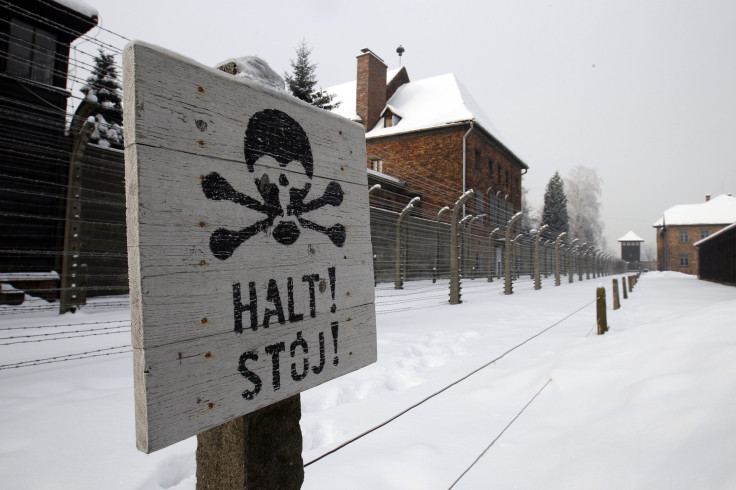Auschwitz Guards: Dozens Of Alleged Former Nazi Guards Might Be Charged With Accessory To Murder

The reverberations of atrocities committed during the Second World War can still be felt today, nearly 70 years after it ended. According to the Associated Press, German officials will recommend that charges be brought against dozens of alleged guards at Auschwitz death camp in occupied Poland.
Prosecutor Kurt Schrimm, who heads the Central Office for the Investigation of National Socialist Crimes in Ludwigsburg, said his office looked into 49 suspects over the course of their investigation. As a result, they will recommend that 30 people be charged with accessory to murder.
As the AP points out, seven additional suspects living outside of Germany are still being investigated. They are spread out all over the world, including Austria, Brazil, Croatia, the U.S., Poland and Israel. Two others could not be located, and one has already been arrested.
“The accused ... are all former guards at the concentration camps Auschwitz-Birkenau and we take the view that this job - regardless of what they can be individually accused of - makes them guilty of complicity in murder,” Schrimm said.
According to the AP, the names of the suspects have not been released. The ages of the accused range from 86 to 97 years old, which means that any of them could die before they ever stand trial.
"The biggest enemy is time," Schrimm said.
Efraim Zuroff, director of the Simon Wiesenthal Center in Jerusalem, supports the decision to bring charges against the accused.
"We commend the (prosecutors) for seeking to apply the precedent as widely as possible and hope that they will be able to find as many perpetrators as possible," he said. "It's only a shame that this kind of legal reasoning was not applied previously, because it would have led to many, many more cases of people who definitely deserved to be brought to justice."
The findings of the investigation will be forwarded to regional German prosecutors, who will then decide whether or not to pursue the matter further.
At least 1.1 million people, mostly Jews, were killed, mostly by gassing, at Auschwitz between 1940 and 1945.
Schrimm’s office also plans on launching investigations into personnel at the other death camps in German-occupied Poland: Belzec, Chelmno, Majdanek, Sobibor and Treblinka.
© Copyright IBTimes 2025. All rights reserved.





















